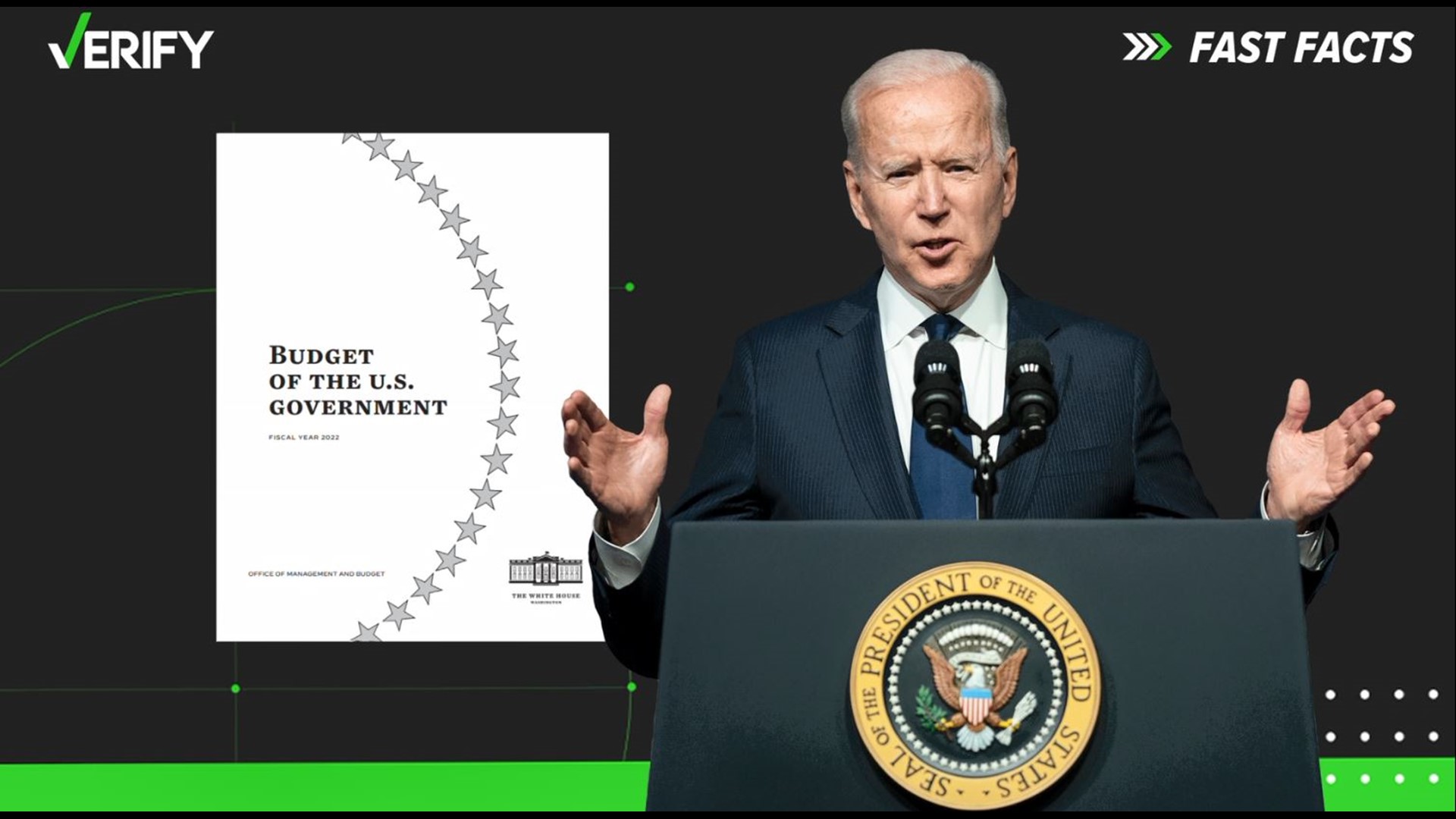UPDATE: On Dec. 22, 2021, the Biden administration announced it was extending the pause on federal student loan payments by an additional 90 days.
This extends the pause to May 1, 2022.
"We know that millions of student loan borrowers are still coping with the impacts of the pandemic and need some more time before resuming payments," President Biden said in a statement.
--------------------------------------
PREVIOUS UPDATE: On Dec. 10, 2021, the Biden administration said they have no plans to extend the pause on federal student loan repayments. Repayments are set to begin on Feb. 1, 2022.
"In the coming weeks, we will release more details about our plans and will engage directly with federal student loan borrowers to ensure they have the resources they need and are in the appropriate repayment plan," White House press secretary Jen Psaki said during a briefing.
"We’re still assessing the impact of the Omicron variant. But a smooth transition back into repayment is a high priority for the administration. The Department of Education is already communicating with borrowers to help them to prepare for return to repayment on February 1st and has secured contract extensions with loan servicers," Psaki continued.
--------------------------------------
PREVIOUS UPDATE: On Aug. 6, 2021, the Biden administration extended the pause on federal student loan repayments until Jan. 31, 2022.
"This will give the Department of Education and borrowers more time and more certainty as they prepare to restart student loan payments," President Joe Biden said in a statement. "It will also ensure a smoother transition that minimizes loan defaults and delinquencies that hurt families and undermine our economic recovery."
--------------------------------------
PREVIOUS REPORT: President Joe Biden on May 28 released a $6 trillion proposed budget for the fiscal year 2022. While the budget included Biden’s infrastructure plan and the American Families Plan, there was an omission that caught many people’s attention: forgiveness of student debt.
The NAACP criticized Biden for not including student loan forgiveness in his proposed budget, arguing the president can’t address the racial wealth gap without also addressing student loan debt. Others said Biden previously promised to forgive student loan debt.
THE QUESTION
Did Biden pledge to forgive federal student loan debt?
THE SOURCES
THE ANSWER
Yes, Biden has previously pledged to forgive at least $10,000 of federal student loan debt for each borrower.
WHAT WE FOUND
When Biden was running for president, he said his job and economic recovery agenda would focus on providing relief from student debt. On his campaign website, he said he would, “Include in the COVID-19 response an immediate cancellation of a minimum of $10,000 of federal student loan debt” and “Forgive all undergraduate tuition-related federal student debt from two- and four-year public colleges and universities and private HBCUs and MSIs for debt-holders earning up to $125,000.”
During a Nov. 16, 2020, press conference, President-elect Biden again signaled his support for an immediate $10,000 forgiveness per borrower of federal student loans.
But Biden’s pledges have not come to fruition during the first four and a half months of his presidency.
On his first day of office, Biden extended a pause on student loan payments through Sept. 30, 2021.
On Feb. 4, Democratic leaders including Sen. Elizabeth Warren and Senate Majority Leader Chuck Schumer reintroduced a resolution that calls on Biden to use executive action to cancel up to $50,000 in federal student loan debt per borrower. Warren, citing a letter from the Legal Services Center of Harvard Law School, believes the president can direct the Department of Education secretary to broadly cancel student debt.
In response to the resolution, White House press secretary Jen Psaki said, “The president has and continues to support canceling $10,000 of federal student loan debt per person, as a response to the COVID crisis. He’s calling on Congress to draft the proposal. And if it is — if it is passed and sent to his desk, he will look forward to signing it.”
Nearly two weeks later, on Feb. 17, Psaki said Biden doesn’t favor forgiving $50,000 of federal student loan debt per person without limitation. She said Biden would task the U.S. Justice Department with conducting a legal review of his authority to act on student debt relief through executive action. Psaki again urged Congress to move forward with a bill that forgives $10,000 of federal student loan debt, saying Biden would support and sign the legislation if it passed.
On March 18, the Department of Education canceled about $1 billion of student loan debt for an estimated 72,000 people who were defrauded by for-profit schools. While impactful for those affected, the $1 billion cancellation is a small sliver of the total student loan debt accumulated in the U.S.
Biden’s White House chief of staff Ron Klain told Politico on April 1 that Biden had asked the Department of Education to prepare a memo on the president’s legal authority related to student debt forgiveness. But two months later, no action has been taken by Biden.
According to the Federal Reserve Economic Data, student loan debt in the U.S. totals more than $1.7 trillion. Data from Federal Student Aid, which is part of the U.S. Department of Education, indicates about $1.56 trillion of student loan debt is from federal student loans borrowed by about 43 million people. About 15 million people in the U.S. have federal student loan debt that totals $10,000 or less, according to Federal Student Aid data.
More from VERIFY: No, the Biden administration is not resuming border wall construction
VERIFY
Our journalists work to separate fact from fiction so that you can understand what is true and false online. Please consider subscribing to our daily newsletter, text alerts and our YouTube channel. You can also follow us on Snapchat, Twitter, Instagram or Facebook.

